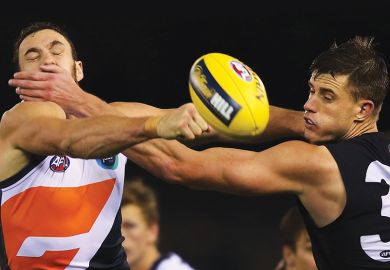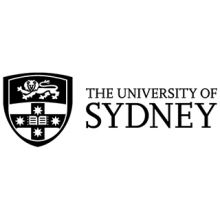A prestigious Australian university employed an interstate corporate lawyer to run its enterprise negotiations with its staff, in an arm’s-length approach to managing their workload frustrations.
The lawyer, Clayton Utz partner Stuart Pill, flew from Melbourne to Sydney for each meeting. He did most of the talking for the university management and relayed the union’s responses back to a steering committee of senior managers who never spoke directly to staff representatives, Times Higher Education understands.
As the discussions proceeded, the staff negotiators gained insights – under terms of strict confidentiality – into the extraordinary surplus the institution was amassing in a year of Covid-induced austerity.
Despite their prior knowledge, the union negotiators were still astounded at the scale of the eventually published surplus – an eye-watering A$1.05 billion (£580 million).
Then, when the union negotiators thought negotiations were nearing completion, the university introduced a proposal for up to 30 per cent of permanently employed research-and-teaching staff to be placed on education-focused contracts, obliging them to devote 70 per cent of their work time to teaching. This would almost double their teaching loads with little extra preparation time.
While the university subsequently agreed to cap education-focused staff at 25 per cent, this represented a threefold increase on the number of education-focused roles allowed to be advertised under the old enterprise agreement.
These are the grievances that induced employees of the University of Sydney to mount one of the longest-running strike campaigns ever prosecuted by the National Tertiary Education Union (NTEU).
Staff called an all-day strike on 9 March after the university proposed a new agreement featuring pay increase and casual conversion clauses it claims are the most generous in the sector.
THE has been told that getting external lawyers to run bargaining sessions is a new trend in the sector. A Sydney spokeswoman said it was “not considered unusual” to have specialist industrial relations lawyers as bargaining team members, and that Clayton Utz had helped finalise the previous agreement.
She said it was “standard practice” for the vice-chancellor and provost not to be part of the bargaining team, which included other senior university representatives. “The provost chairs the steering committee, which interacts with and instructs the bargaining team for the university on a regular basis.
“It is disappointing the NTEU chose to strike again rather than conclude a protracted agreement so our staff can receive a much-needed pay rise. We know from speaking to staff many are keen to urgently conclude this long-running discussion so they can receive a wage rise to help them cope with the rising cost of living.”
A former union negotiator said academics in education-focused roles suffered acutely from unrealistic workload expectations, leaving them burnt out and “in crisis”.
Increasing their number so dramatically “would be utterly corrosive to collegiality and morale”, raising the prospect of “whole areas of the university being deemed ‘education-focused’”, he tweeted.
Sydney’s spokeswoman said the university was “committed to providing support and career development for education-focused colleagues including eligibility for sabbatical and promotion”.
Register to continue
Why register?
- Registration is free and only takes a moment
- Once registered, you can read 3 articles a month
- Sign up for our newsletter
Subscribe
Or subscribe for unlimited access to:
- Unlimited access to news, views, insights & reviews
- Digital editions
- Digital access to THE’s university and college rankings analysis
Already registered or a current subscriber?










